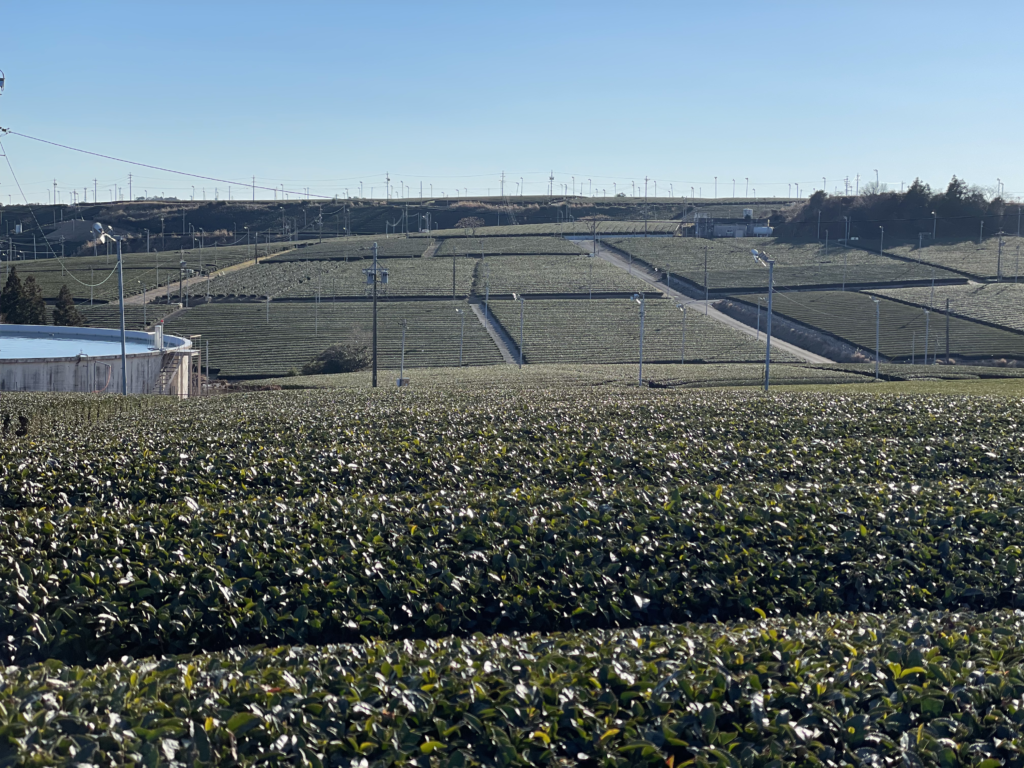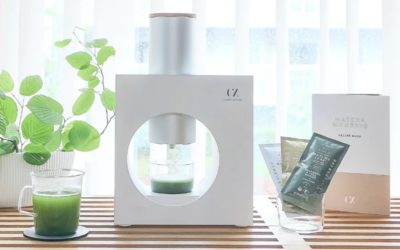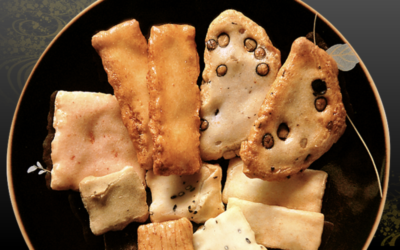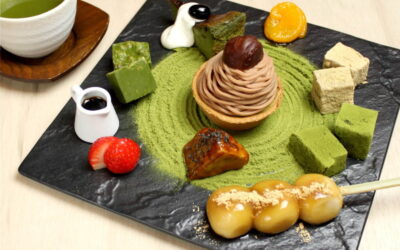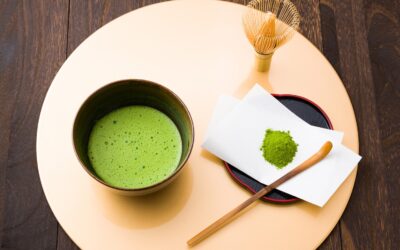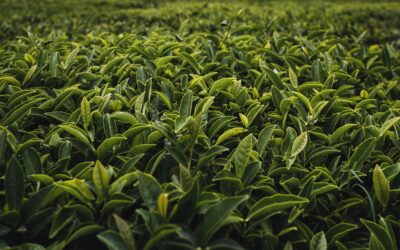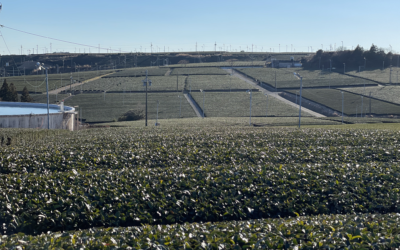In 2020, when COVID-19 became widespread worldwide, Japan’s exports of green tea reached record highs in both volume and value. According to the Trade Statistics of the Ministry of Finance, the export volume in 2020 was 5274 tons (+3.3% YoY) and the value was 153.92M USD (+10.6%).
The export value exceeded the previous year’s level since 2018. The average unit price per kilogram was 29.23USD (+7% YoY).
Growth to U.S.
Comparing by country, the value of exports to U.S. was 80.34M USD (+30.1% YoY), the largest, accounting for more than 50% of the total. That was 14.76M USD to Taiwan (+1.5% YoY), 11.07M USD to German (-5.1%), and 4.95M USD to Singapore(-25.9%).
By type, the value of Powdered teas such as Matcha, accounted for more than 60% of the total, and the volume of them for 45% of the total volume. In particular, the value in U.S. reached to 58.08M USD and accounted for more than 70% of the total. Tea industry participants in Shizuoka Prefecture said that “Tea specialty shops’ earning were sluggish, but the demand for Tea bags and Powdered tea grew mainly in large stores, supermarkets, and e-commerce.”
Attention to “Catechins”.
Green tea exports grew steadily on the rise due to the Matcha movement and heightened Wellness-Consciousness, exceeding over 100M USD for the first time in 2015. A tea wholesaler in the western part of Shizuoka Prefecture, which handles exports, talked as follows: “In 2020, I heard that U.S. supermarket teabags became faint due to the attention being paid to the ability to improve the immunity of Catechins contained in green tea during COVID-19 outbreak. The number of families who enjoyed making confectioneries using Matcha at home increased.”
The vice president of the Japan Tea Exporters’ Association (Aoi-ku, Shizuoka-City), said that “the Japanese tea bags and other convenient products will continue to be needed for some time in anticipation of catechin-based immune enhancement functions,” and expressed the expectations to the extremely growth of exports.

